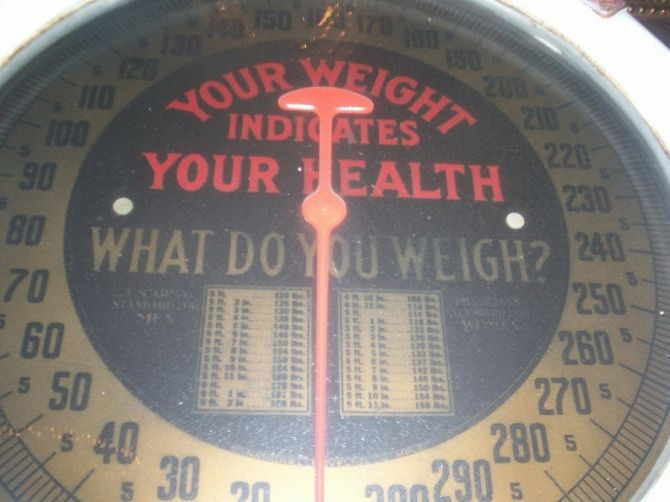Black Women, Women on Birth Control More Accurately Perceive Weight Gain

On average younger women commonly do not notice recent weight gain, but researchers found that accurate self-perception of weight gain seemed to be significantly influenced by race and contraceptive methods, according to a new study.
On average, nearly a third of women participants did not recognize gains of 4.5 pounds and a quarter did not recognize gains of 8.8 pounds during a six month interval, researchers said. However, black women and women who have had the birth control shot were more likely to recognize weight gain compared to their counterparts, the study reported.
"We were surprised to find that race and ethnicity are determinants of accurate recognition of weight gain, predictors that have never before been reported," said lead author Mahbubur Rahman, an Assistant Professor at the University of Texax Medical Branch.
Rahman said that the use of the birth control shot (depot medroxyprogesterone acetate) has been widely reported to be associated with weight gain, so women using the contraceptive are probably more likely to engage in more mindful and continuous weight monitoring.
Despite the general belief on women’s sensitivity to body image, younger women do not notice recent weight gain by as much as 11 pounds, according to researchers.
UTMB researchers surveyed 466 women with an average age of 25, about 37 percent were Hispanic, 35 percent were white, and 29 percent were black.
Approximately 39 percent of the women were using DMPA, the birth contraceptive administered with an injection, 36 percent took oral contraceptive and 25 percent did not use hormonal contraceptives.
The women completed a symptom checklist that included questions on whether they felt they had gained weight every six months over the course of 36 months. Researchers also assessed data on height, body mass index, physical activity, and whether the women had given birth as well as other potential variables.
Previous studies have shown that 25 percent of reproductive-age women who are overweight or obese consider themselves to be normal in weight, and this misperception of weight gain threatens the success of obesity prevention programs, Rahman said.
The lack of accurate perception of weight gain may increase the risk for cardiovascular and other obesity-related health conditions, researchers warned in a statement.
"Changing a health behavior depends on patients understanding susceptibility to a health problem," he explained.
Researchers recommended that women weigh themselves regularly so that they are able to recognize changes in their weight.



























